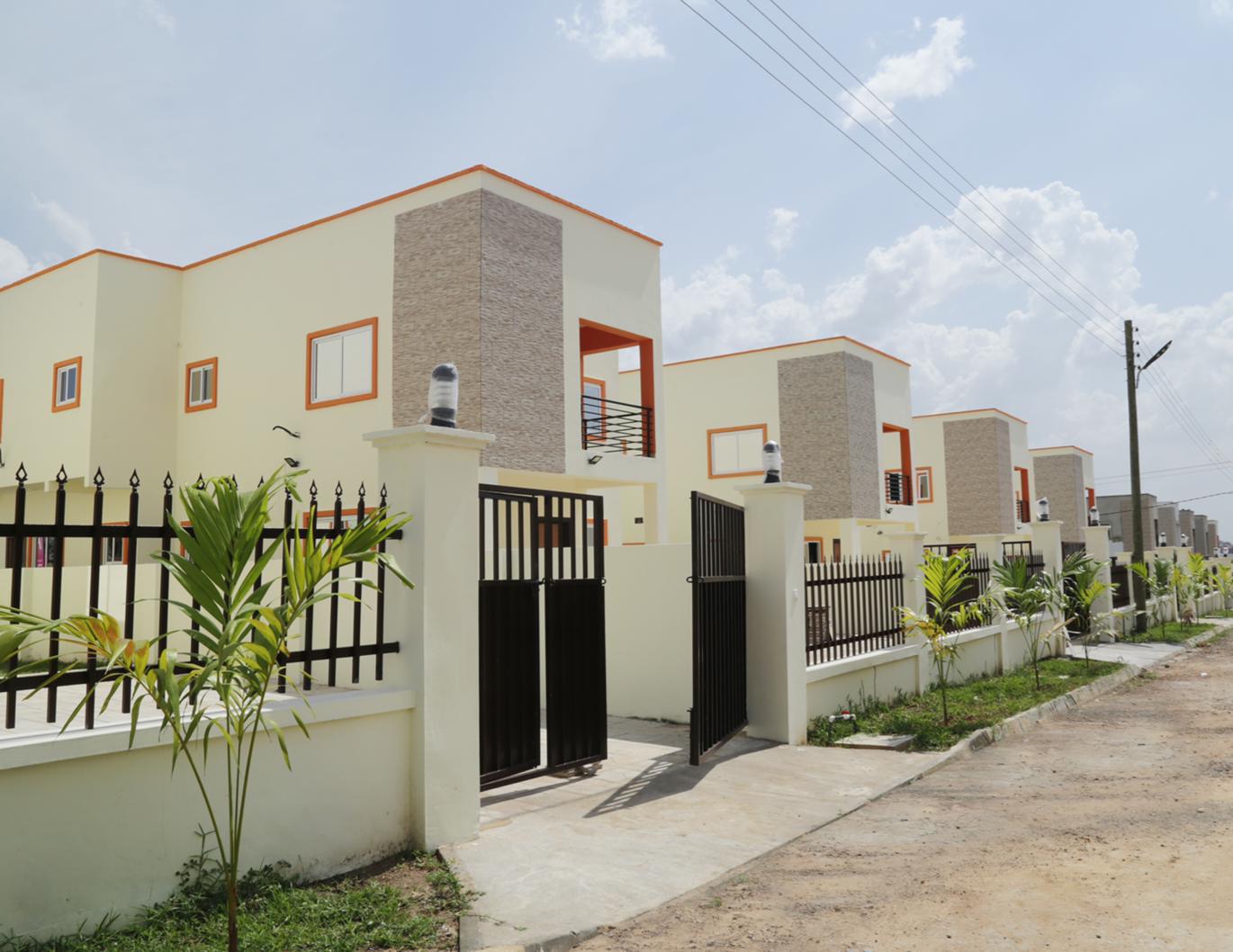Several indexes show that Ghana is on the path of growth and development. The country is hailed as a beacon of peace because it is in the middle of countries with many violent and armed conflicts yet remains unstained. However, Ghana also faces several security challenges, some new and the majority of them old.
Most of these security challenges have sprung because of the modern state’s inability to facilitate and re-construct the traditional system to suit the needs of the present political, social, and economic landscapes without isolating the traditional structures.
In recent years, Ghana has experienced high rural-urban migration resulting in high demand for land for residential and commercial purposes. These activities have birthed high prices of land, fraudulent activities, and the issue of land guards.
High Cost of Lands
Issues associated with land cannot be discussed, without mentioning the high cost of land mostly in Accra and its environs. The unattractive nature of agriculture to the youth and the high level of unemployment in rural communities have drastically increased the urban population. The overcrowding conditions have resulted in a high cost of rent in Accra and subsequent conversion of agricultural lands to residential and commercial lands.
Landowners see this as an opportunity to make money off the sale or lease of lands and have facilitated the high cost of lands. The government has not tackled this issue that breeds inequality and keeps widening the gap between the poor and the rich.
Land Guards and Their Violations
Youth often accuse traditional leaders in most urban cities of selling community lands because of greed and personal gains. This misunderstanding has birthed illegal security personnel (land guards) to fight with these youth over such lands. There are issues of families and individuals fighting over the ownership of lands, therefore, seeking the services of these illegal guards. The challenge of ownership and control creates tension over who has the power in a community or family to sell lands to individuals or other entities.
Media outlets in Ghana awash us with the activities of land guards resulting in loss of lives, properties, and fatal injuries. A story that is on the minds of Ghanaians is the story of Richard Owusu Sekyere, (popularly known as Kweku Ninja) and Jerry Wornoo who were killed by land guards when attempting to erect pillars on land they acquired in Ablekuma. These two were service-men but could not stand the brutality of these land guards and lost their lives. A recent story reported by Citi News Room indicated that four people were injured after a clash over a piece of land.
Land Act 2020 of the Lands Commission prescribes a minimum of five-year jail term and a maximum of a 15-year sentence for people who act as land guards in the country, yet the commission has failed to implement this Act.
Fraudulent Activities Associated with Lands
One common form of crime in Ghana is land fraud, with unsuspecting individuals and establishments being swindled, causing them to lose huge sums of money. Many have reported cases where they acquire lands and start building only to be stopped by other individuals claiming ownership of the lands.
Arguably the challenge of multiple sales of lands is one major cause of the land guards abusing other individuals over land ownership. Community leaders and members of families who do not have the bona fide right to sell lands sell already sold lands to other individuals and organizations, causing confusion and probable violence among land owners.
There is weak law enforcement, bias, corruption, and long legal processes for resolving land conflicts in the country, therefore individuals lose faith in the legal process of solving these issues.

